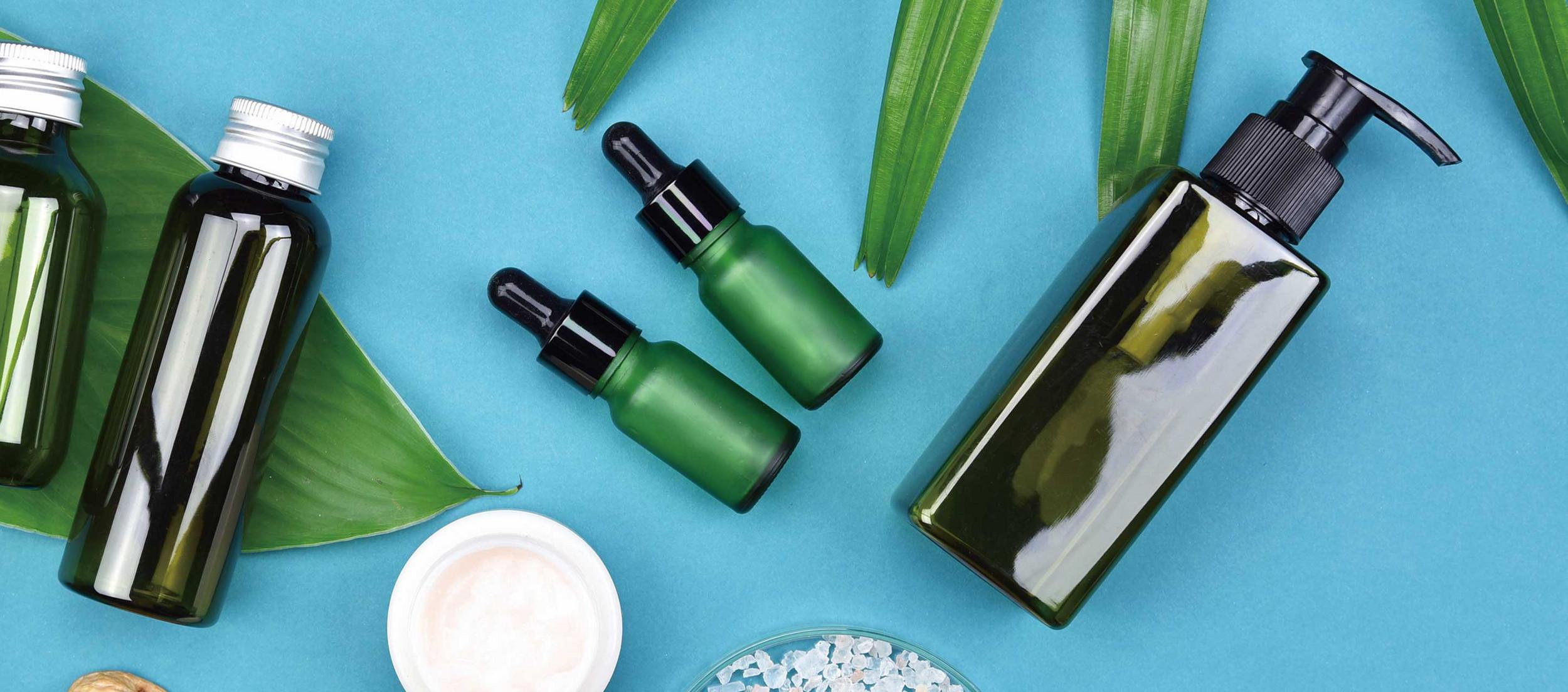Index Surge: Amplifying Your Insights
Stay updated with the latest trends and news across various industries.
Cosmetics: Where Science Meets Glamour
Discover the dazzling fusion of science and beauty in cosmetics! Unlock secrets to radiant skin and stunning looks today!
The Science Behind Your Favorite Makeup Products: What Ingredients Do You Need to Know?
Understanding the science behind makeup products is essential for making informed choices about what you put on your skin. Many popular cosmetics contain ingredients like hyaluronic acid, which is renowned for its ability to retain moisture and keep the skin plump. Additionally, salicylic acid is a key component in acne-fighting products, as it penetrates deep into pores to eliminate bacteria and excess oil. Other common ingredients include titanium dioxide and zinc oxide, which serve as physical sunscreens, protecting your skin from harmful UV rays.
When it comes to enhancing your beauty routine, it's important to consider formulations that cater to specific skin types and concerns. For example, products containing retinol are excellent for reducing signs of aging, as they promote cell turnover and improve skin texture. In contrast, those with sensitive skin may benefit from makeup enriched with aloe vera or chamomile, known for their soothing properties. By familiarizing yourself with these key ingredients, you can choose makeup that not only enhances your appearance but also nourishes and protects your skin.

How Cosmetic Formulations Are Created: Balancing Efficacy and Aesthetics
The process of creating cosmetic formulations is a complex dance between efficacy and aesthetics. Formulators begin by identifying the primary purpose of the product, whether it’s to hydrate, brighten, or protect the skin. This involves selecting active ingredients that have proven benefits, such as hyaluronic acid for moisture or retinol for anti-aging effects. Once the active ingredients are chosen, formulators must consider how these elements will interact with each other, as well as with the product's texture, smell, and appearance. The ultimate goal is to create a product that not only performs well but also delights consumers with its sensory attributes.
Moreover, balancing these factors often requires extensive testing and adjustments. For example, a formulation that has a high concentration of active ingredients might be effective, but if it feels greasy or has an unpleasant odor, consumers may be reluctant to use it. Thus, formulators experiment with emollients, binders, and fragrances to enhance the overall experience. This iterative process is crucial as it not only determines the success of a product in the marketplace but also impacts customer satisfaction and loyalty. In the competitive world of cosmetics, achieving the ideal balance between efficacy and aesthetics is the key to standing out.
Can Science-Backed Beauty Products Really Transform Your Skin?
In the ever-evolving world of skincare, science-backed beauty products are becoming increasingly popular as consumers seek effective solutions for their skin concerns. These products are formulated based on rigorous scientific research, often utilizing advanced ingredients that promise to deliver visible results. For instance, products containing retinol, hyaluronic acid, and peptides have been proven to improve skin texture, boost hydration, and reduce the appearance of fine lines. With a plethora of options available, it's essential to understand the difference between marketing claims and genuine scientific benefits when choosing a product that could potentially transform your skin.
While individual results can vary, many users report significant improvements after consistently using science-backed beauty products. These transformations are often attributed to the inclusion of clinically-tested ingredients that target specific concerns, such as acne, aging, or hyperpigmentation. It's also worth noting that a holistic skincare routine complemented by a balanced diet and proper hydration tends to enhance the benefits of these products. As more research emerges in the field of dermatology, it becomes evident that embracing science-backed beauty can lead to a healthier, more radiant complexion, making it a worthwhile consideration for anyone looking to revitalize their skincare regimen.